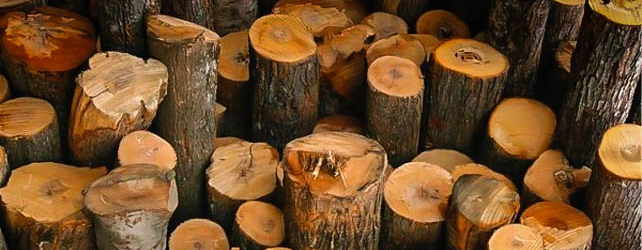Yesterday I posted the 25th episode of the weekly podcast I work on, Men in Gorilla Suits. It’s not a huge milestone, but it’s still 25 weekly episodes…on top of the writing and other things I do. The person with whom I do the show is also busy. Yesterday’s show represents the beginning of a body of work…
Making Things
Making things is often its own reward. Most novelists have written a novel or five that went nowhere before finally breaking in. My wife is an artist, and I can’t tell you how many pages and canvases she’s filled over the years, but I know this: one day she threw away a huge garbage bag full of art (sketches and finished work) because she was tired of the clutter.
For me, all the pages I stack up eventually becomes a novel or a technical manual. It’s not much different than when I worked in factories and warehouses — when the day began with empty bins and eventually overflowed with what we made. Once we had enough full bins, we loaded them on trucks that filled other warehouses…before going off to fill shelves in stores.
The Importance of Piles
I’ve known people who provided heat to their home with wood burning stoves. A tree would come down and be cut into smaller pieces — then it came time to go out back and split those pieces into smaller pieces and pile it up for winter.
It’s not much different than making podcasts, painting, or recording songs. The work is more physical, but the act of making piles is the same. Cut enough wood, and you have enough for winter. Record enough songs (work) and you can fill an album. Record enough albums and people will eventually argue over which one is best. It doesn’t happen with just 2 – 3 albums though, it comes with a body of work
.
It comes with making piles…
For the Love of Drudgery
Writing isn’t always fun. What I mean is it’s not always an inspired act. (I find even the drudgery fun.) More times than not, it’s like chopping wood. It’s repetitive.
It’s repetitive.
It’s repetitive…
Sometimes the logs are stubborn and take extra work to reduce into smaller pieces for your stove or hearth. Some mornings you just want to sleep in and ignore the wood pile. Other days you think, “Not again…”
Some mornings the words don’t flow. Some mornings I just want to sleep in and not write. Some days I really do think, “Not again…”
But in that drudgery comes something remarkable: something bigger taking shape. Knowing that in the end I will have a finished book, I keep at it. The times I’ve helped friends chop wood, fill a barn with hay, or do other hard work, there was always a certain satisfaction as the light of the day faded and I knew I was a part of something bigger than me.
Sustaining Work
There’s something nice about a big pile of wood ready to provide heat. There’s a satisfaction in knowing you worked hard to make sure you’ll be warm all winter. There’s a warmth that comes with finishing something that may not have been all fun in its creation. In the end, though, the slog is rewarded by something finished.
Cutting joints for drawers isn’t the most exciting task, but when you have enough drawers to fill the dresser you made by hand, it’s worth it. All those hours of practicing a song on an instrument eventually results in a perfect run through something truly beautiful. Getting up early for a run creates a body more open to running and the reward of health. The effort of it all sustains us. And when something sustains us, like the changing of seasons and the need to chop more wood, it’s a never-ending cycle that — over time — results in something wonderful.
It’s called a body of work for a reason: it takes effort. But it’s more than worth it once you look back over the years at a huge body of work you may have never believed you’d create had you not actually done it.

 I recently
I recently  Cross posted from
Cross posted from 